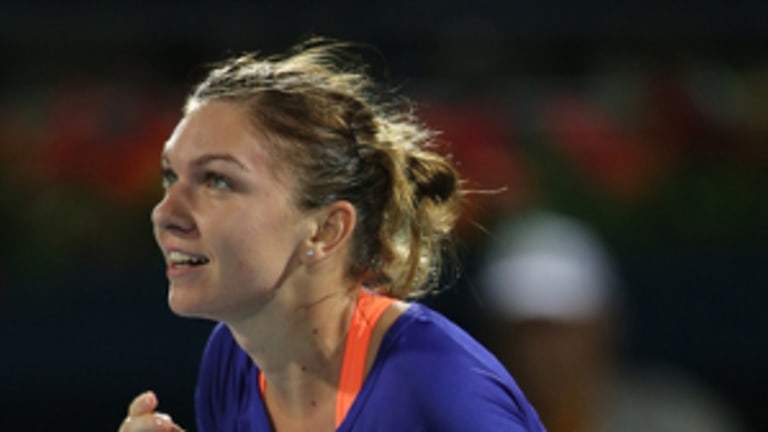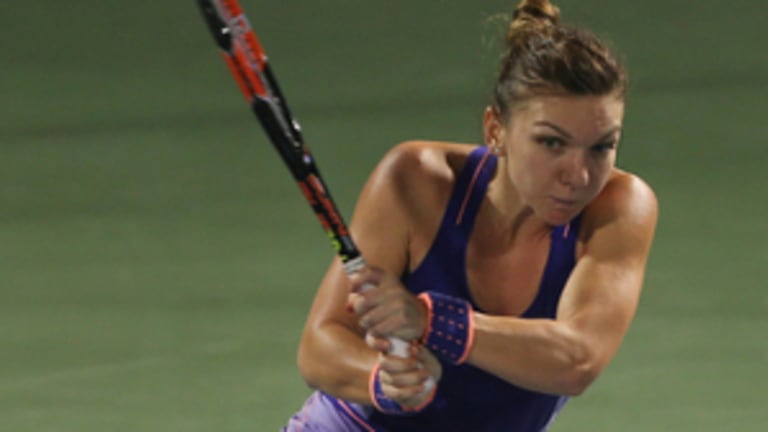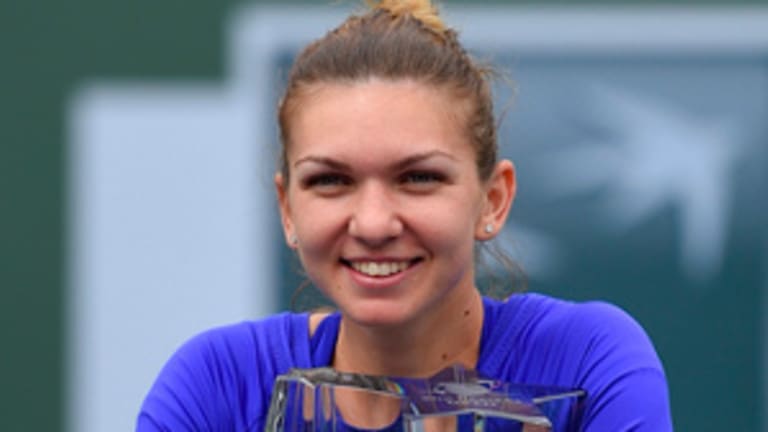Occasionally, sports coughs up an athlete who becomes famous, even beloved, less for his or her athletic accomplishments or prowess than some mysterious quality of personality, or of the public’s unspoken need. For an extreme example, look at Eddie “The Eagle” Edwards, whose heroic failure as a Britain’s first ski jumper in 1988 endeared him to a worldwide audience.
And consider the author of “Linsanity,” New York City’s wild if short-lived love affair with Jeremy Lin, a point guard for the NBA’s New York Knicks. A modest, unassuming, undrafted former Harvard student, Lin was promoted to starting guard and led an astonishing turnaround by the struggling team in the winter of 2012—until reality caught up. By the time the bubble burst, journeyman Lin was a household name from Orchard Street in Manhattan to Grand Concourse in The Bronx.
Something similar seems to be happening with Simona Halep, although to be fair, she’s already achieved greater status in her own sphere than either of those two men ever did.
Wherever Halep goes, whomever she plays, the chant is likely to begin early and continue until the conclusion of the match: Si-Moe-Na. . . Si-Moe-Na. . . Si. . .Moe. . .Na. Sure, many of those fans are also waving Romanian flags. But the entire body of spectators tends to get drawn into “Simania” as her matches progress. It happens time and again.


